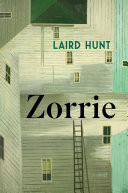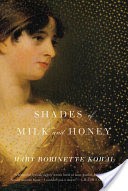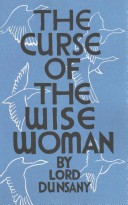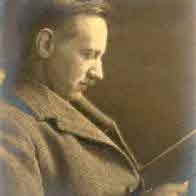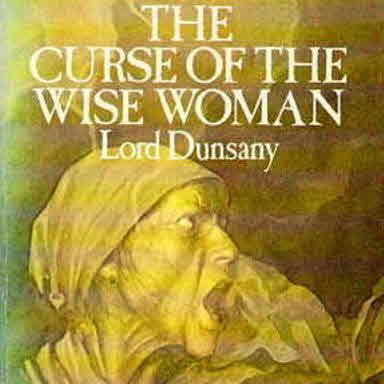
It has always struck me that one of the readiest ways of estimating a country's regard for law is to notice what arms the officers of the law are carrying: in England it is little batons, in France swords, in many countries revolvers, and in Russia the police used to have artillery.







